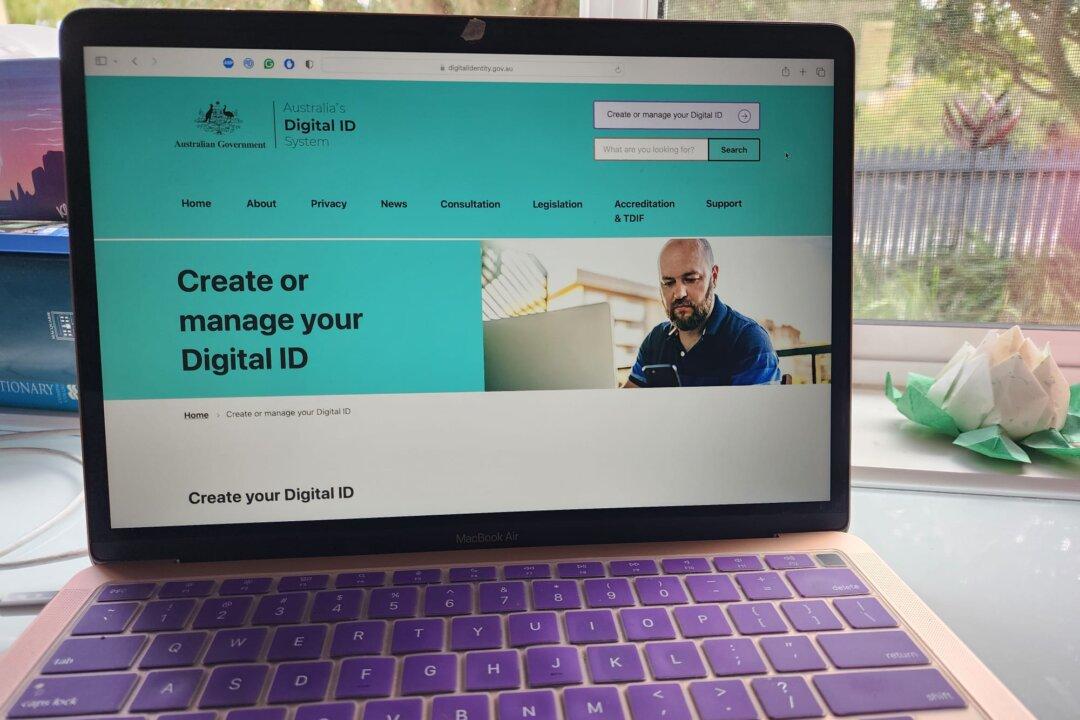NDIS (National Disability Insurance Scheme) Minister Bill Shorten has announced a new digital ID verification system that he says will allow Australians to control their data.
During his speech at the National Press Club of Australia on Aug. 13, Shorten said his department would collaborate with the Finance and Treasury Departments to develop the “world-leading” project Trust Exchange, or TEx.





